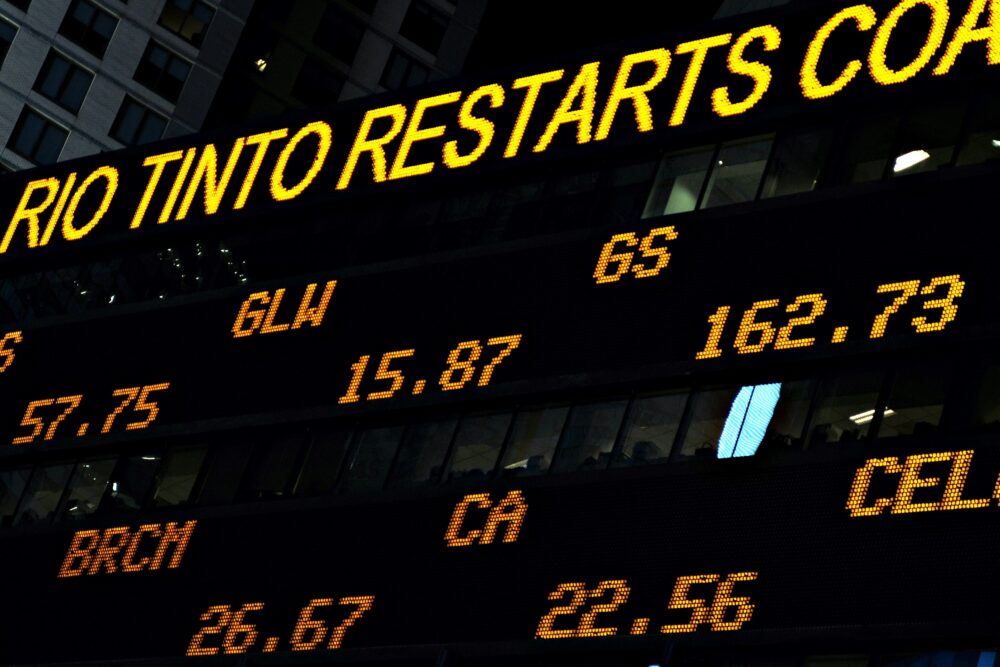
Does share price reflect a company’s true value. The short answer is no, it does not. Warren Buffet has said that the only time that the share price of a company’s stock reflects the true value of the company is when the company is being sold. At the time of sale there is a willing buyer and a willing seller who have agreed upon a purchase price for the entire company. Short of a sale of an entire company the only other time share price truly reflects a company’s value is an “accident.”
How is Share Price Determined?
At the most basic level a share price is determined by supply and demand. Initially, share price will be determined at the IPO through a sophisticated series of valuation techniques and formulas. Once on the open market the forces of supply and demand will take over.
Current share price of a company doesn’t represent the actual value of a company. Only looking at the fundamentals will tell you that. Shares of stock are routinely under and overvalued by the market. Remember that the market price of a stock only represents what someone is willing to pay for it, not what it might actually be worth. This is how seasoned investors can spot good deals in the market and make a profit.
Technical forces aside, the market also ebbs and flows with the daily news cycle and with the collective emotional states of investors. A company share price can be unfairly undervalued (or overvalued) simply because of collective pessimism or exuberance.
Remember that the markets are constantly searching for equilibrium. Also remember that the market never quite finds it.
It’s also important to note that on any given day only a fraction of a company’s outstanding shares is being traded. However, this small percentage of traded shares will determine the share price of all shares.
What is an Investor to do?
So, know that you know that the share price rarely reflects a company’s true value, and that market forces are constantly changing, what can you do as an investor?
Fortunately, you do have some tools at your disposal. You can study the balance sheet of a company. You can look for long-term outlooks, history of things like dividends, and you can look at a host of other fundamental factors.
This research and analysis are not an exact science, but it is better than randomly picking stocks. Even the experts usually can’t beat the indexes, so if trying to spot deals on individual stocks seems to risky and uncertain, then you can buy an index and go live your life doing other things.
Conclusion
Does share price reflect a company’s true value? No. It rarely, if ever, does. Market forces will always tend to under or overvalue a stock’s price. Savvy investors will spot these situations and try to profit from them.
The main takeaways are to remember that share price does not represent a company’s value. It only represents what someone is willing to pay for it. Also remember that only a small fraction of a company’s shares is traded on any given day, but this small fraction of shares will determine the price of all shares. Finally, remember what Warren Buffet said. Only when an entire company is sold do we know its true value. Any true value found before that is simply an “accident.”
Read Also:
How Can You Profit From an IPO?
What is the Best Day of the Month to Buy Stocks?
Three Reasons to Hold a Stock for One Year

Based in the Pittsburgh, PA area, Brian holds full-time employment as a Warehouse Manager for an electronics firm. Brian enjoys wealth building, investing, gardening and the great outdoors. Brian holds a B.A. in Environmental Studies from the University of Pittsburgh and an MBA from Robert Morris University.









